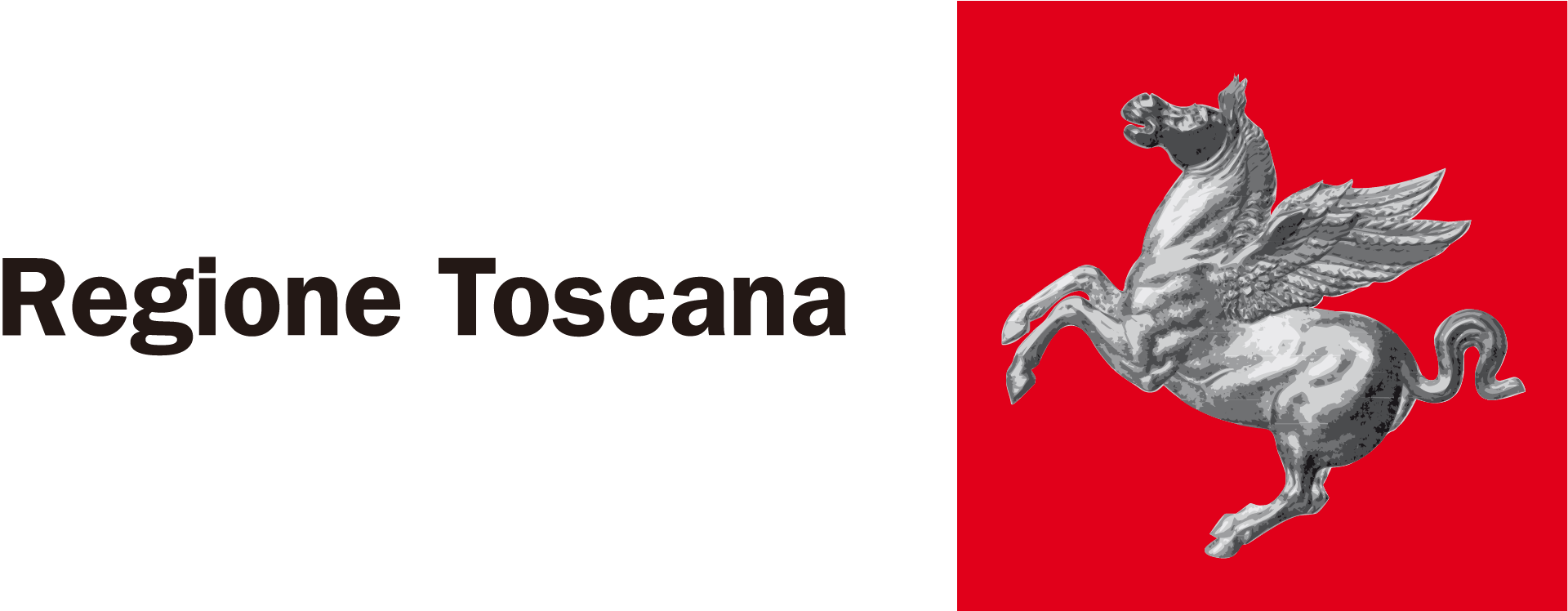Because of the instability of the present economic phase and the undecidedness of politics in facing it, it is difficult to attentively track the continual evolution of public financial regulations and procedures. However, the progression of the crisis – on the one hand – and the bundle of regulations – on the other – are increasingly changing the modus operandi of the public actor and his relationships with firms, families and territories.
The long-run effect of too strict measures (such as the Internal Stability Pact or the block of turnover), accompanied, from time to time, by exceptional interventions (like the abolition of the Municipal property tax on first homes, or the payment of public administration debts) only increased the distance between citizenship and administration, sharpening the conflict between a growing demand for services and an unbearable fiscal burden.
Presently, the country has still no comprehensive framework of reforms, while its public administration system is deprived of financial and human resources and brought into the disrepute – often out of simplist evaluations – of public opinion.
This report is composed of short monographs on cross-sections of public administration and offers a concise reading of the changes afoot in the different areas of public interventions. The figures for Tuscany, a region traditionally having a good supply of services and presenting a virtuous integration of the public and the private spheres, provide many cues for thinking about the processes of sectoral reform that have been started and never completed, as well as the impacts of public actions on territories and the corresponding replies of administrations.
© IRPET, 2014
ISBN 978-88-6517-059-5
Autore: a cura di Patrizia Lattarulo;
contributi di: Chiara Agnoletti, Chiara Bocci, Enrico Conti, Alessandro Canzoneri, Silvia Duranti, Claudia Ferretti, Giuseppe Gori, Sabrina Iommi, Mauro Massaro, Letizia Ravagli (IRPET); Susanna Fornaciari, Paolo Peluffo (Corte dei Conti); Flavio Baroni, Luigi Idili (Regione Toscana); Stefano Maiolo, Piero Rubino (UVAL/DPS)









